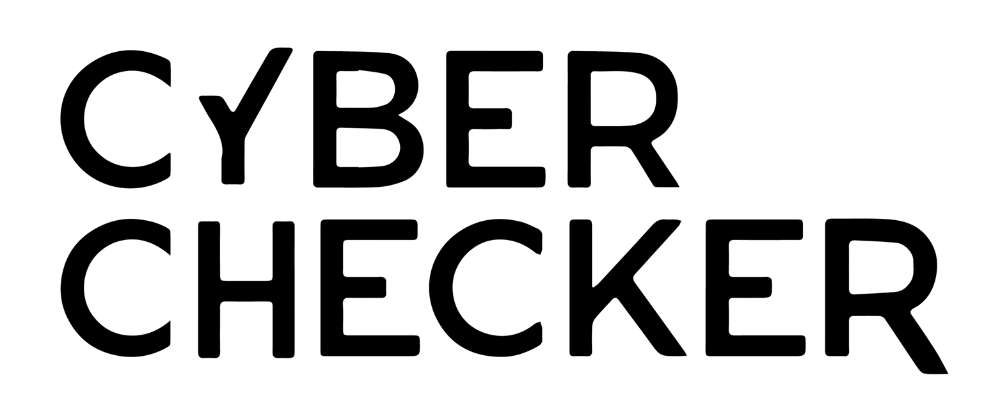Facebook can also have a positive impact on children and young people. The platform provides an opportunity for social interaction and building friendships. This can help to improve social skills and self-confidence. Facebook groups can also be a way for children and young people to socialise with like-minded people and share common interests. In addition, Facebook also provides access to educational content and can be used as a resource for research and learning purposes. By sharing information and ideas, children and young people can improve their knowledge and skills and deepen their interest in certain topics. Finally, Facebook can also help develop a healthy identity and personality by providing a platform for self-expression and creativity. Facebook can also have various negative effects on children and young people. On the one hand, the platform can lead to an increased risk of cyberbullying and online harassment, as children and young people often share personal information and photos carelessly. On the other hand, Facebook can also contribute to children and young people neglecting their real environment and isolating themselves in virtual worlds. In addition, the constant use of Facebook can lead to sleep disorders, poor concentration and a lack of physical activity. Finally, the platform can also lead to children and young people finding themselves in a bubble of misinformation and disinformation, as they are often only confronted with content that matches their preferences and interests and does not allow them to see other perspectives.








